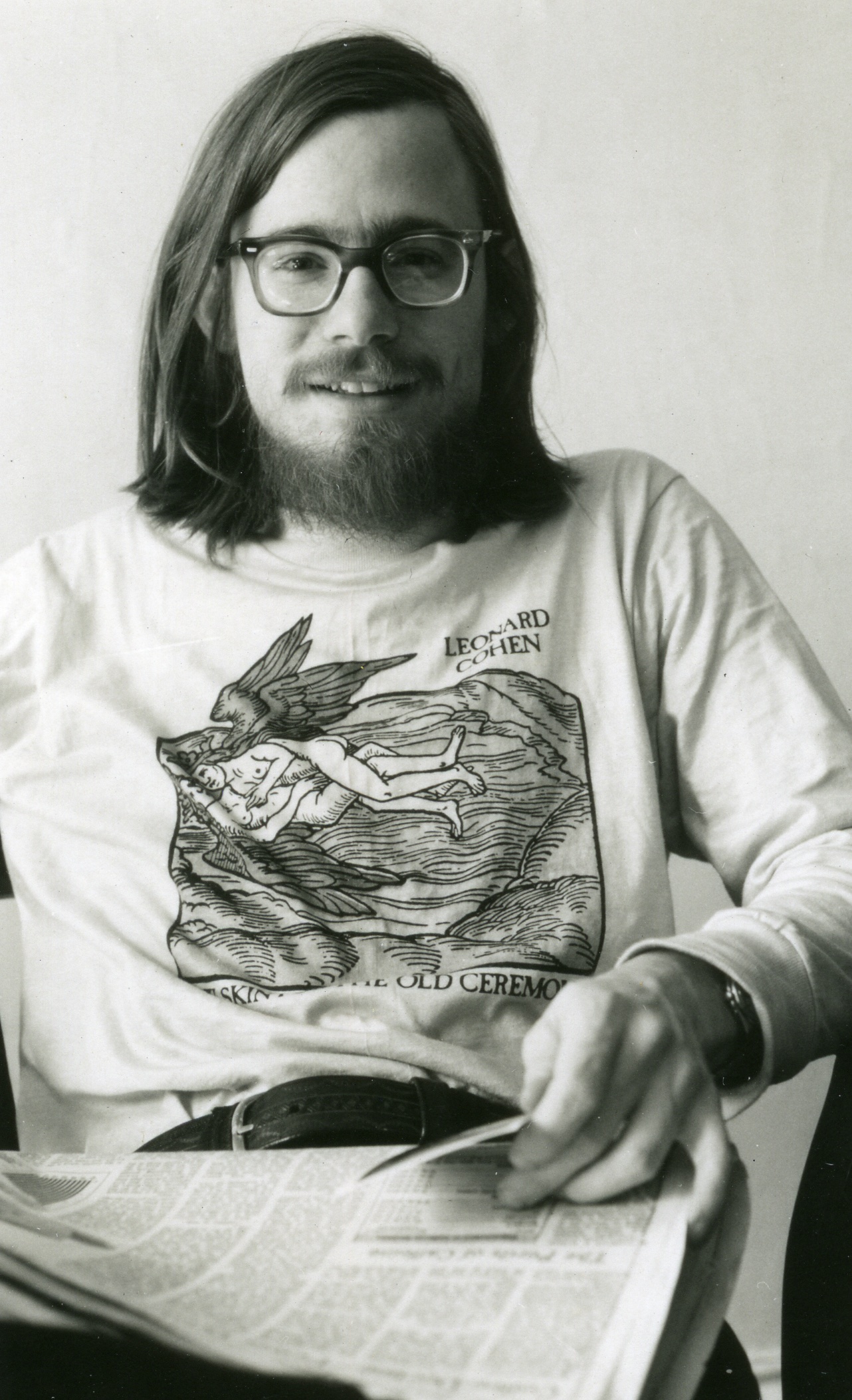Paul Williams Papers

Born in 1948 in Boston, Paul Williams was an avid reader of science fiction and published his first fanzine, Within, in 1962 at the age of 14. A few years later, after completing his first semester at Swarthmore, Williams hitchhiked to New York City. There he wrote and published—typing up the mimeo stencils himself—the first issue of Crawdaddy! With the birth of this publication, Williams is widely recognized as the founder of serious rock and roll journalism. He left Crawdaddy! in 1968 and went on to establish Entwhistle Books with David Hartwell, Chester Anderson, and Joel Hack. Williams continued to write, collecting his early works on rock and roll in two books and contributing articles as a freelancer for Rolling Stone. During the early 1970s, Williams lived on several intentional communities, including the Fort Hill Community in Cambridge, and wrote the surprise best seller Das Energi and its follow-up, Apple Bay during this period. In 1975, his profile of friend Philip K. Dick launched P.K.D. to a national audience, and Williams later served as the literary executor of the Dick estate following the death of his friend in 1982. His extensive writing on Bob Dylan spanned forty years and resulted in a significant body of publications including a multi-volume work on the artist. In 1995, Williams suffered a near fatal bike accident that left him partially disabled. A remarkable initial recovery proved to be short-lived and within a few years after the accident, Williams began exhibiting symptoms of early-onset dementia, a result of the traumatic brain injury he sustained. He died in 2013 leaving behind a tremendous legacy as author, editor, and publisher.
The Paul Williams Papers is comprehensive collection of materials that documents the writings and relationships that shaped the field of rock and roll journalism. Alongside manuscripts of the numerous books and articles Williams wrote are notebooks, correspondence, and media. Early issues of Crawdaddy! and Williams’s writings on science fiction author Philip K. Dick (including audio cassette tapes of the 1974 P.K.D. interview) are featured as well as his working files on Bob Dylan. Correspondence includes Theodore, Sturgeon, Chester Anderson, David Hartwell, Susan Ann Protter, Julian Moody, Raymond Mungo among many others.
